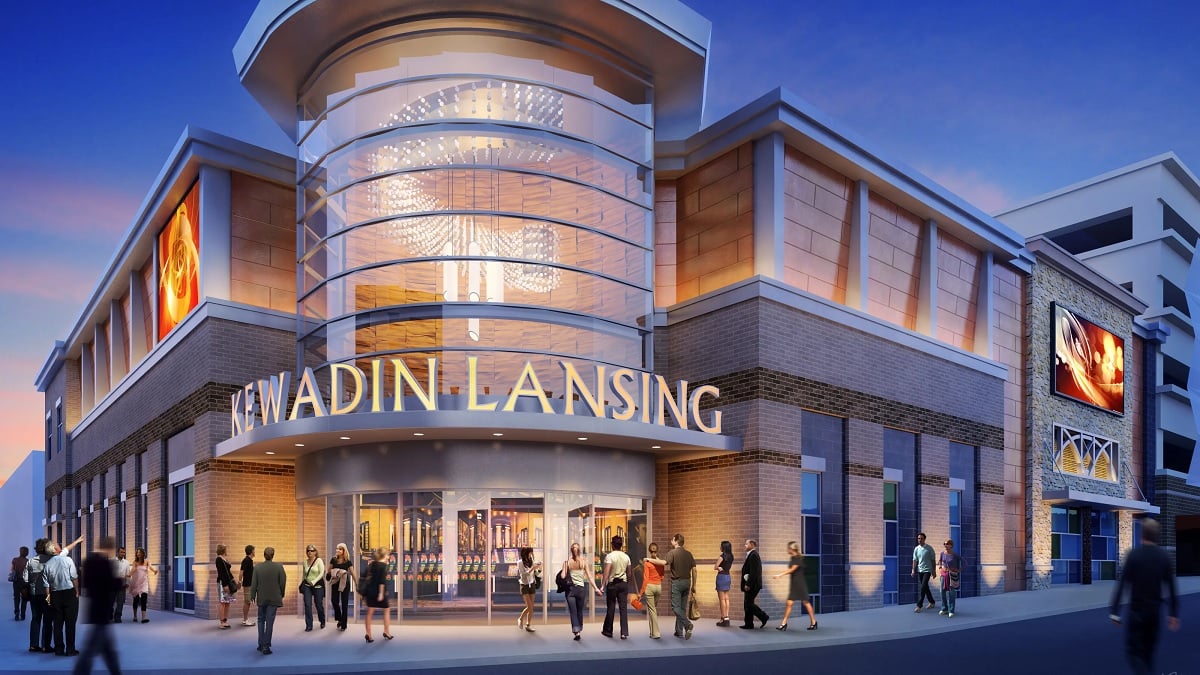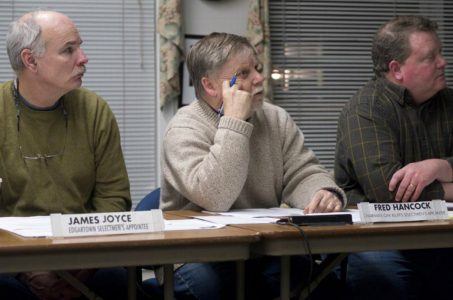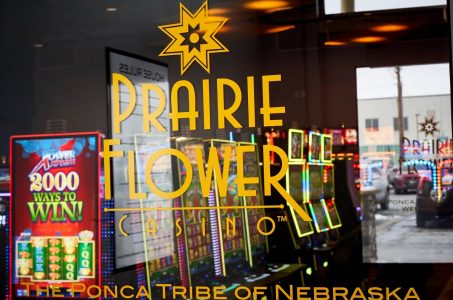Sault Chippewa Tribe on Hook for $88M Over No-Go Michigan Casinos
Posted on: January 5, 2023, 03:45h.
Last updated on: January 5, 2023, 04:27h.
Michigan’s largest Native American tribe must pay investors in two derailed casino projects more than $88 million in damages, an Ingham County Circuit Court judge ruled this week.

Investors sued the Sault Ste. Marie Tribe of Chippewa Indians in April 2020 for breach of contract and fraudulent misrepresentation. The plaintiffs claimed the tribe made false representations about the ease with which it could acquire the land for the two projects.
These were to be the Kewadin Lansing, in downtown Lansing, and a casino that would have been built in Huron Township, close to the Detroit Metropolitan Wayne County Airport. The tribe already owns five casinos in Michigan, all under the Kewadin brand name.
DOI Disrupts Plans
But in both cases, the US Interior Department’s Bureau of Indian Affairs (BIA) ultimately denied the tribe’s application to take the land into trust, a prerequisite for tribal gaming.
Among the reasons cited by the BIA was that the land was too far from the tribe’s headquarters to meet the condition that it would “enhance” its reservation.
The tribe then sued the Department of Interior in August 2018. It arguing the decision to withhold trust status for these lands was arbitrary and capricious and violated its mandatory duty under the Michigan Indian Land Claims Settlement Act.
The court sided with the tribe. But its decision was reversed last year by the D.C. Court of Appeals.
The plaintiffs, JLLJ Development and Lansing Future Development, understood their investments would finance temporary casinos. These would operate on-site while the main properties were under construction.
The investors expected to receive 14% of the profits from the temporary properties, and the same amount from the permanent casino for the first seven years of its operations.
$9M Loan ‘Misappropriated’
Moreover, the plaintiffs said they gave the tribe’s Kewadin Casinos Gaming Authority a $9 million loan, which was supposed to be used to acquire land and begin construction work. But the lawsuit claims this sum was misappropriated.
The money was spent “as the Gaming Authority saw fit and not based on any mutually-approved budget,” it claimed.
Judge Joyce Draganchuk has yet to issue a final judgement, although on Monday she awarded the plaintiffs damages of $60 million for the collapsed Huron County project and $28.8 million for the failed Lansing venture.
The tribe is expected to appeal.
Related News Articles
Most Popular
Genovese Capo Sentenced for Illegal Gambling on Long Island
NBA Referees Expose Sports Betting Abuse Following Steve Kerr Meltdown
UPDATE: Former Resorts World & MGM Grand Prez Loses Gaming License
VEGAS MYTHS RE-BUSTED: The Traveling Welcome to Las Vegas Sign
Most Commented
-
UPDATE: Whiskey Pete’s Casino Near Las Vegas Closes
— December 20, 2024 — 33 Comments -
Caesars Virginia in Danville Now Accepting Hotel Room Reservations
— November 27, 2024 — 9 Comments -
UPDATE: Former Resorts World & MGM Grand Prez Loses Gaming License
— December 19, 2024 — 8 Comments -
FTC: Casino Resort Fees Must Be Included in Upfront Hotel Rates
— December 17, 2024 — 7 Comments
















No comments yet